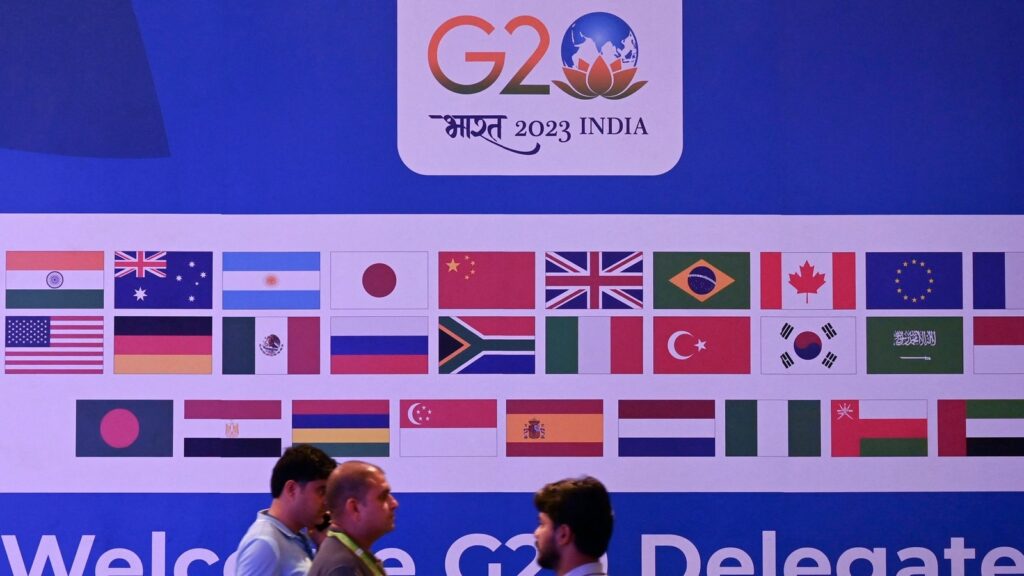New Delhi has hosted the world’s most powerful leaders, separately. It has hosted diplomatic events, bringing together the developing countries of the global south during the days of the Cold War. It has hosted trilaterals and plurilaterals. But never before has it witnessed what will be on display this weekend. Leaders from 29 countries, among which 20 are the world’s most powerful economies, and heads of 14 international organisations will make their way to Bharat Mandapam in the heart of the city for the 18th G20 leaders’ summit. The decisions they take, and don’t take, will leave an imprint on history, in visible and invisible ways.
The timing could not have been more apt. Seventy-five years after Independence when India’s almost uninterrupted record of being the largest and most vibrant democracy is firmly established; 30 years after economic reforms inaugurated a new chapter in India’s development journey; a decade of India’s increased role in the international order; in the period when India remains a bright spot in an otherwise gloomy global economy; and in the year when India became the most populous country in the world, New Delhi is ready to assume its role as a global rule-shaper.
But while this is India’s moment, it is a moment when the international order confronts its most severe set of challenges since the end of World War II. The East-West divide, particularly on the G7-Russia and US-China axis, has deepened, as has the Global North-Global South divide. The pandemic and the Ukraine war have dealt a dual blow to global order. As the World Bank and International Monetary Fund pointed out on Thursday, conflicts and fragility have increased, the medium-term outlook for growth is the weakest in 30 years, poverty reduction has halted, the climate crisis is manifesting across the world, and at a time of rapid digitisation, three billion people still remain offline. To expect the Indian presidency to bridge divisions that it did not create and deliver on structural inequities is unrealistic.
Prime Minister Narendra Modi has also used the G20, as he has used his other foreign policy engagements in the past nine years, to buttress his domestic political credentials. Whether this was the right approach is debatable. But the fact that is in the process, he has succeeded in democratising foreign policy. With over 200 meetings in 60 Indian cities, the world of high diplomacy has suddenly come to every Indian home.
But beyond the form, even if there is no joint communique, there are substantive achievements in the offing that India can take pride in. The long-delayed agenda of the reform of multilateral development banks has assumed unprecedented momentum. India’s incredible digital public infrastructure is today emerging as a global template. From regulation of crypto assets to managing the debt crisis that has engulfed parts of the world, India has intervened in favour of the weak. And by incorporating the voices of the Global South, India has made this presidency not just about itself, but also about those who are not at the high table but whose anxieties and aspirations must be given a respectful hearing.
Irrespective of the final outcome, the G20 after the Indian presidency will not be the same again. For India, it is time to use the moment to consolidate its achievements, continue to be the measured voice in the room bridging divisions, and expand its own power, credibility and standing in the global order.
Embrace independence with quality journalism
Save on HT + The Economist subscription


